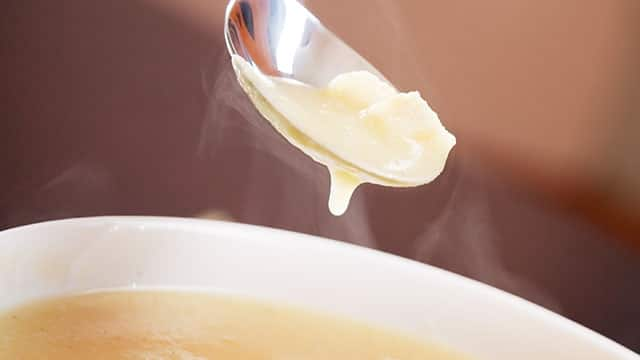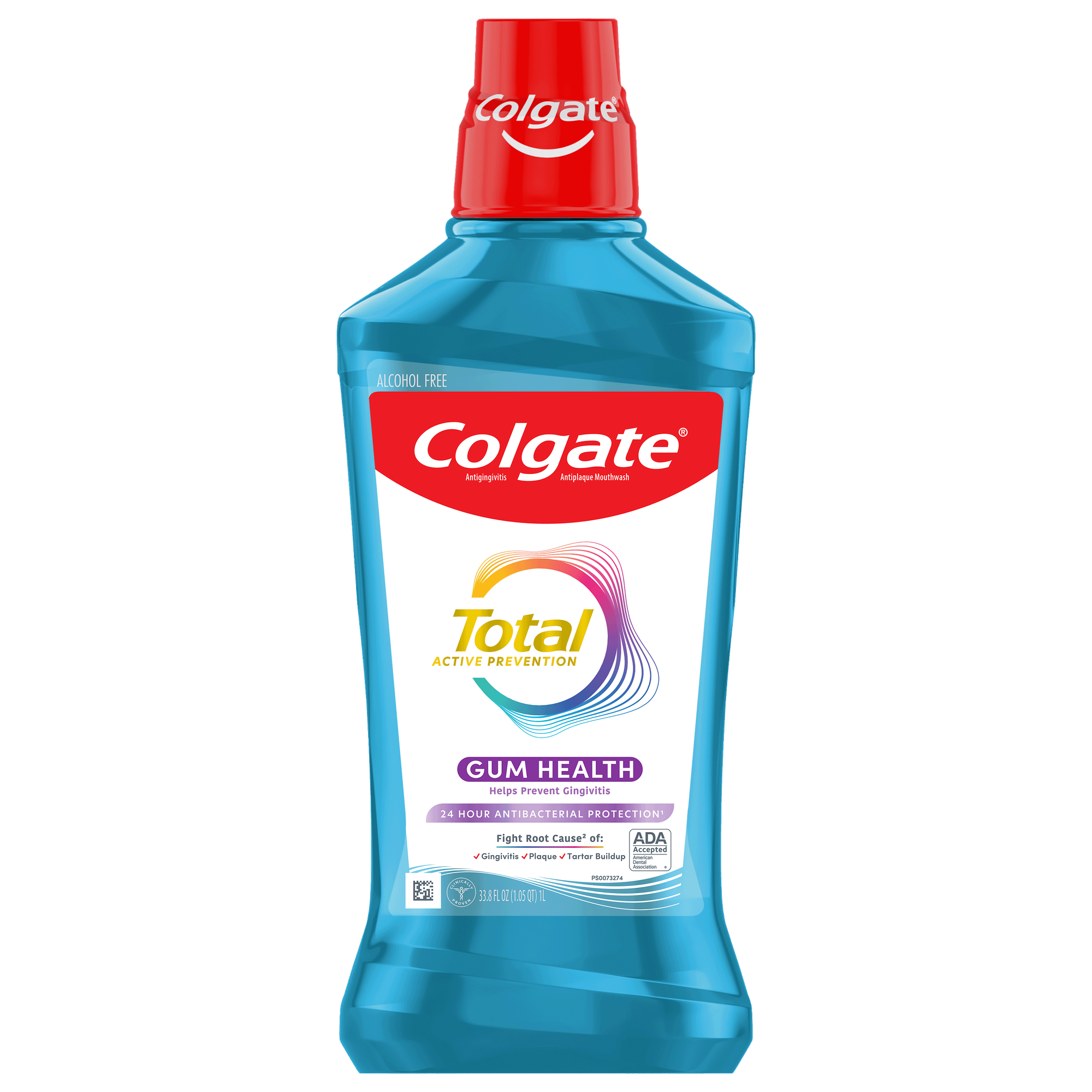Most people know that drinking sugary drinks can cause tooth decay, but you also have to watch for a drink's acidity. The lower the pH of a food or drink, the higher risk for tooth erosion — this includes diet sodas, juices, energy drinks, and others.
How Sugar-Free Drinks Hurt Your Teeth
Studies carried out in the Oral Health CRC on sugar-free beverages, sugar-free confectionery, and sports drinks demonstrated that "many of these products contained multiple acids and had low pH values." Essentially, many people think that switching from regular to diet soda will keep their teeth healthy. Unfortunately, although they often contain no sugar, diet sodas usually cause about the same amount of dental erosion as regular sodas and can harm your teeth.
Additionally, while the sugar in regular soda and other sweet drinks forms harmful acid in your mouth, diet or sugar-free beverages also contain phosphoric acid, the same found in regular, sugary soda. Citric acid and tartaric acid are just some of the additional ingredients in diet drinks and fruit juices that can damage teeth. As you sip, ongoing acid attacks weaken tooth enamel, causing decay over time, says the Wisconsin Dental Association.
Opt for Teeth-Friendly Drinks
It's safe to assume you may not want to totally remove sugary drinks from your diet, but according to the American Dental Association, simply reducing the number of sugary beverages in favor of other options is a great step. Water, unsweetened tea, milk, plain sparkling water, and diluted juice all have little or no sugar. Consider switching out a sugary drink with one of these choices.
Protect Your Teeth
Sugar-free drinks may cause dental erosion, but there are simple ways you can help protect your teeth. As the Oral Health CRC reports, brushing your teeth twice a day with fluoride toothpaste helps limit the effect these beverages have on your oral health, but it is recommended to wait one hour before brushing. It takes 30 minutes to an hour for saliva to return the mouth to a neutral pH and brushing before this time can actually spread these acids.
The best time for drinking sugar-free drinks is with meals, whereas continuously sipping during the day will cause the most damage. Also, drinking through a straw can help minimize the acids' contact with your teeth.
After acidic meals or beverages, rinse your mouth with water, drink milk, or enjoy a little cheese. Dairy and other calcium-rich foods can help neutralize acids. It's also good to limit snacking between meals, so your saliva has time to rebalance its pH.
Cutting down on your sugar is a healthy choice to make, but it isn't guaranteed to protect your enamel. Be mindful of the acids in your drinks and take diligent care of your oral hygiene — and you should be on track for healthy teeth!
Oral Care Center articles are reviewed by an oral health medical professional. This information is for educational purposes only. This content is not intended to be a substitute for professional medical advice, diagnosis or treatment. Always seek the advice of your dentist, physician or other qualified healthcare provider.
ORAL HEALTH QUIZ
What's behind your smile?
Take our Oral Health assessment to get the most from your oral care routine
ORAL HEALTH QUIZ
What's behind your smile?
Take our Oral Health assessment to get the most from your oral care routine















